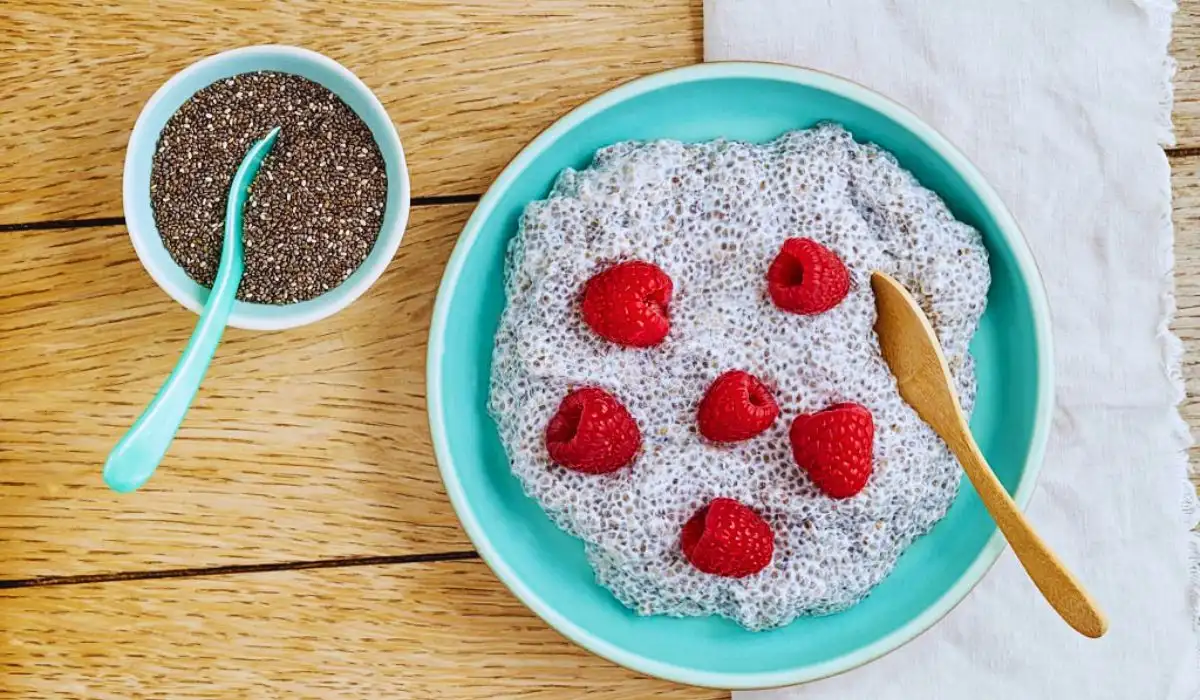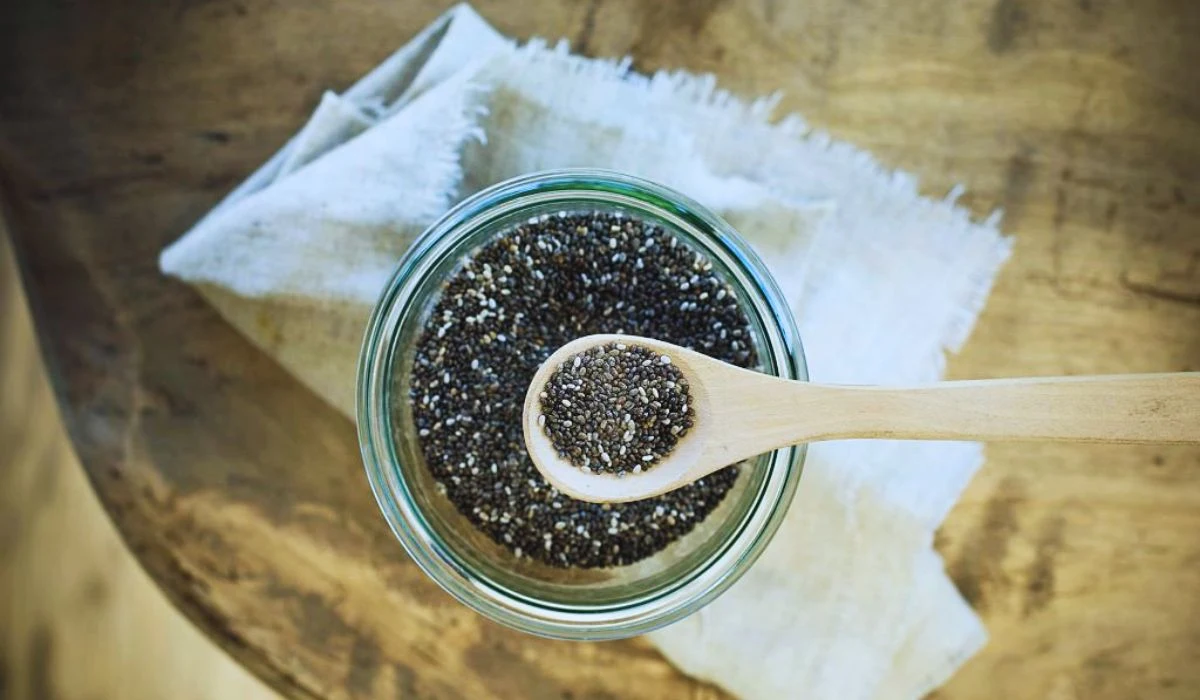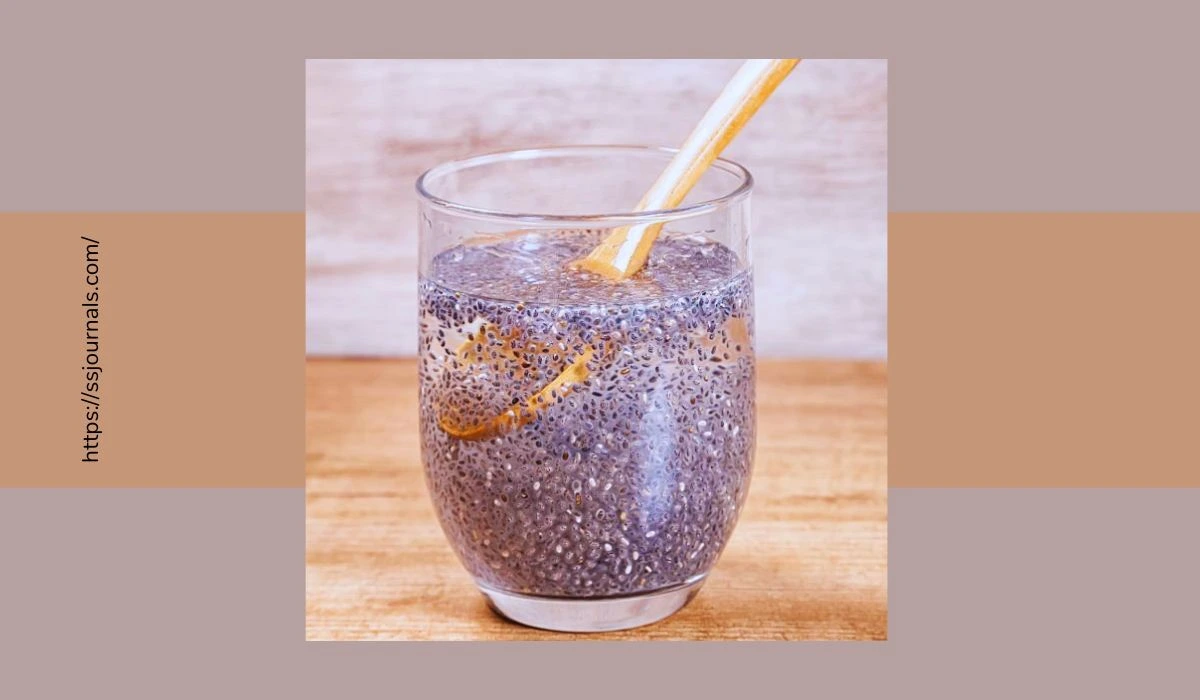Chia seeds have become an increasingly popular health food in recent years due to their impressive nutritional profile. Though tiny, these seeds pack a powerful punch when it comes to nutrition. Native to central and southern Mexico and Guatemala, chia seeds were a staple food for the Aztecs and Mayans.
In fact, “chia” is the ancient Mayan word for “strength.” Chia seeds were valued for their ability to provide sustainable energy – just one ounce contains 11 grams of fiber, 4 grams of protein, 9 grams of healthy fats, vitamins, minerals, and antioxidants.
Chia seeds have a mild, nutty flavor that makes them easy to add to a variety of foods. They can be soaked in liquid to form a gelatinous texture, which makes them useful for puddings, porridge, and baking.
Chia seeds are an excellent source of omega-3 fatty acids, which have been shown to fight inflammation, improve cognitive function, and reduce risk factors for heart disease and diabetes. This article will explore the many evidence-based health benefits of chia seeds, how to incorporate them into your diet, potential side effects, and answer frequently asked questions.
Chia Seeds Benefits

Here are some of the top scientifically proven benefits of chia seeds:
- Weight Loss – Multiple studies have found that eating chia seeds enhances weight loss. The fiber and protein keep you feeling fuller longer, reducing appetite and food intake. Chia seeds also help regulate blood sugar levels, preventing energy crashes and sugar cravings.
- Heart Health – The omega-3s in chia seeds have been shown to lower triglycerides, raise HDL (good) cholesterol, and lower blood pressure – all key factors in reducing the risk of heart disease. The fiber also helps remove LDL (bad) cholesterol from the body.
- Blood Sugar Control – Chia seeds may improve insulin sensitivity and blood sugar management due to the fiber, protein, and omega-3 fatty acids. This makes chia beneficial for those with insulin resistance or type 2 diabetes.
- Inflammation – The omega-3s in chia possess powerful anti-inflammatory properties that help reduce inflammation throughout the body. Chronic inflammation is linked to numerous diseases.
- Digestive Health – Chia is high in soluble fiber, which helps promote bowel regularity and healthy stool. The fiber also feeds the good bacteria in your gut, acting as a prebiotic.
- Energy & Endurance – Just one ounce of chia provides sustainable energy. Aztec warriors ate chia seeds to give them energy and stamina. The combination of complex carbs, protein, and fat provides steady energy.
- Strong Bones – Chia seeds have calcium, phosphorus, magnesium, and protein – all nutrients needed for bone health. The omega-3s also help absorb calcium.
- Skin, Hair & Nails – The nutrients in chia help build strong keratin for healthy skin, nails, and hair. The omega-3s keep cell membranes flexible for softer, more hydrated skin.
- Antioxidants – Chia contains antioxidants that help protect cells from damage caused by free radicals. The antioxidant activity of chia is higher than many fruits and vegetables.
- Mental Health – The omega-3s in chia may enhance cognitive function and improve symptoms of depression, anxiety, and ADHD. Chia helps create cell membranes needed for brain signaling.
How To Eat Chia Seeds For Maximum Benefits?

To reap the numerous benefits of chia seeds, here are some tips for incorporating them into your diet:
- Start Small – If you are new to chia seeds, start with 1-2 teaspoons per day and gradually work your way up to a tablespoon or two. This prevents gastrointestinal distress.
- Soak Them – Chia seeds develop a gelatinous texture when soaked in liquid, forming a nutrient-dense “chia pudding.” Soak for at least 5 minutes to allow the seeds to absorb moisture and become easier to digest.
- Add to Smoothies – Blend soaked chia seeds into your favorite smoothies. The gel from the seeds makes smoothies thicker and more nutritious without altering the taste.
- Make Chia Pudding – S oak chia seeds in milk or yogurt, add your choice of fruits and flavors, then chill to create a creamy chia pudding high in protein and calcium. Popular add-ins include cocoa powder, peanut butter, and vanilla extract.
- Sprinkle on Cereals & Oatmeal – Add chia seeds to your morning cereal, oatmeal, or yogurt parfait for a nutrition and texture boost. Their mild flavor won’t overpower.
- Mix into Baked Goods – Substitute up to one-fourth of the flour in recipes with chia seeds to increase the fiber, protein, and nutrients. Works well in bread, muffins, and cookies.
- Use in Desserts – For vegan desserts, chia seeds can be used as a substitute for eggs in brownies and cakes. They act as a binder and add moisture.
- Thicken Sauces & Stews – Whisk in a spoonful of chia seeds to thicken chili, stews, gravies, and sauces without altering the taste. Let simmer for 5 minutes to allow seeds to absorb liquid.
- Homemade Energy Bars – Make your own fiber-rich energy bars by combining dried fruit, nuts, oats, and a sticky binder like soaked chia seeds. Roll into bars and refrigerate or bake.
- Boost Hummus & Guacamole – Add 2-3 teaspoons of chia seeds to hummus or guacamole to amp up the fiber, antioxidants, and nutrients. Chia will also help extend the shelf life.
- Salad Topper – Sprinkle soaked or dry chia seeds onto your salad for extra crunch and nutrients. Pair with a healthy dressing like lemon juice and olive oil.
Side Effects Of Chia Seeds
For most people, chia seeds are safe and well-tolerated. However, there are some potential side effects to consider:
- Bloating & Gas – If you’re not used to high-fiber foods, eating a lot of chia seeds may initially cause some GI distress, gas, bloating, or diarrhea. Start with small doses and drink plenty of water.
- Allergies – Chia seeds are in the mint family, so those with allergies to mint should use caution and consult a doctor before trying. Stop eating if signs of allergy like hives or swelling occur.
- Choking Hazard – When consuming dry chia seeds, take precautions as they can pose a choking risk. Always drink fluids with them. Soaking them first softens them.
- Blood Sugar & Medications – Due to their effects on blood sugar, chia seeds may interact with diabetes medications. Monitor your blood sugar closely and adjust medications as needed under medical supervision.
- Prostate Cancer – Men with prostate cancer should use caution when eating chia seeds due to potential effects on testosterone and prostate cancer progression. Consult your oncologist.
- Surgery – Stop eating chia seeds at least 2 weeks before surgery as the omega-3s may affect bleeding and blood pressure. Tell your surgeon you’ve been eating chia.
- Pregnancy & Breastfeeding – Chia is likely safe in normal food amounts but there is insufficient safety research at high supplemental doses during pregnancy and breastfeeding so conservative use is recommended.
Conclusion
In summary, chia seeds deserve their reputation as a superfood. Their long list of scientifically-backed health benefits is impressive, ranging from improved heart health and digestion to better blood sugar control and inflammation reduction.
Chia seeds provide a powerful dose of nutrition in just one tiny seed, including omega-3 fatty acids, fiber, protein, antioxidants, and essential minerals like calcium, iron, and magnesium.
Chia seeds are versatile and easy to incorporate into smoothies, oatmeal, yogurt, baked goods, and more. Just a spoonful or two per day provides ample health benefits. Focus on soaking chia seeds to maximize digestibility and nutrient absorption.
For most people, chia seeds are extremely safe when consumed in normal food amounts. However, those with diverticulitis, allergies, pregnancy, and medical conditions like diabetes should exercise some caution and consult a doctor if needed.
In an age of overly processed foods, chia seeds stand out as an ancient, nutrition-packed superfood that lives up to the hype. Adding chia to your regular diet is an easy way to improve your overall health, feel more energized, control hunger, and up your intake of fiber, healthy fats, and antioxidants.
FAQs
A: No, you do not have to grind chia seeds to get their nutrients. Whole chia seeds can be soaked or sprinkled onto foods without grinding. However, some people prefer grinding them to improve digestibility, blending them into smoothies, or baking with them.
A: Chia seeds can last 2-4 years when properly stored in an airtight container in a cool, dry place. Refrigeration or freezing extends their lifespan significantly.
A: Yes, studies show chia aids weight loss by promoting satiety, reducing appetite, decreasing fat storage, balancing blood sugar, and delivering sustained energy. The fiber absorbs water and expands in your stomach, helping you eat less.
A: Yes, chia seeds are 100% naturally gluten-free. This makes them a great substitute for wheat-based products if you cannot tolerate gluten.
A: It’s not required, but soaking chia in liquid makes them much easier to digest and unlocks more of their nutrients. Even just 5-10 minutes of soaking soften them up.

